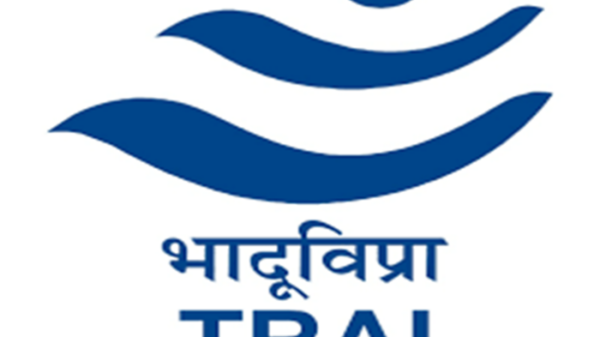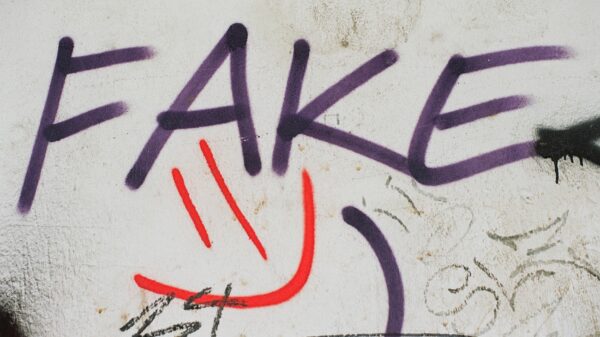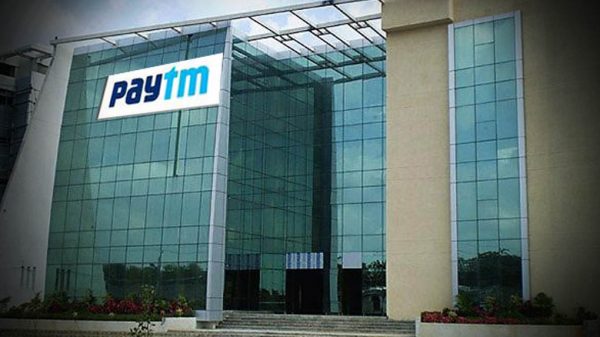To encourage digital payments, the RBI announced that it would remove the charges it levies on banks for transactions through the RTGS and NEFT payment systems, which it operates. Until now, the central bank charged banks for transactions routed through RTGS and NEFT, and banks in turn passed on these charges to their customers. The RBI notification said that banks would be required to pass on the benefits of zero charges to their customers, and that instructions on this would be issued within a week. Real Time Gross Settle System, or RTGS, is used to transfer large amounts (minimum ₹2 lakh) between bank accounts instantaneously. National Electronic Funds Transfer (NEFT) System is used to transfer funds between two accounts at NEFT-enabled banks. There is no general upper limit, but individual banks may put an amount limit on NEFT transactions. Enacting RBI’s vision for digital payments Last month, the RBI had defined a vision for digital payments from 2019 to 2021 in which it had identified 12 specific outcomes, one of which was accelerated growth in electronic payment systems. Unified Payment Interfaces (UPI) are expected to grow, on an average annualised basis, over 100%, and NEFT at 40%, the report said. Removing the fees for NEFT and RTGS is a step towards achieving this growth. RBI-appointed panel's recommendations on NEFT and RTGS A major issue with the NEFT is that it is neither instant, nor available 24x7. NEFT transactions occur in half-hour batches with 23 settlements between 8 am and 7 pm. Furthermore,…





























